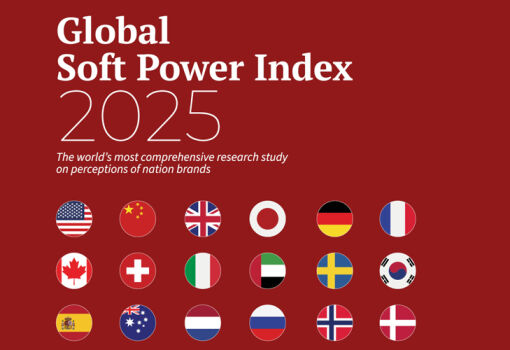
Anton Goncharuk
The Tax Code will be supplemented by a separate chapter which will include tax rates and sales ceilings for independent entrepreneurs. The authors of the idea propose to introduce a single tax for them. Its rate would amount to 12% of the taxable amount if it does not exceed the value of the maximum volume of supplies requiring registration as a VAT payer.
The single tax will include a tax on business income in the amount of 4% of its total amount, as well as mandatory state social insurance contributions in the amount of 8%. It will be distributed between the state budget and the local budget at the place of residence of the taxpayer declared in the Notification on the commencement of activities in the proportion of 3/1.
As single tax payers, independent entrepreneurs will not be obliged to keep accounting records for taxation purposes, as well as to submit tax declarations, statements and reports to the state authorities. They will be able to provide services and engage in professions from the Classifier of Activities, which will be contained in lists approved by the government. The lists will be periodically revised based on the results of monitoring and dialog with the business community.
An independent entrepreneur will not have the right to engage third parties to participate in the provision of services, as well as the right to deduct expenses for tax purposes. But he will be able to work without restrictions in one or more spheres or professions at the same time, with exceptions expressly provided for by law. And will be entitled to provide services to both individuals and legal entities. Legal entities will be able to use their services up to 30% of the value of their labor costs in the relevant fiscal year.
Experts have been insisting on the necessity of developing a tax regime for the so-called self-employed entrepreneurs in Moldova for a long time, as none of those that appeared after the abolition of the patent in retail trade was able to replace it. Earlier we cited the experts’ opinion that Moldova needs one more simple and flexible mechanism of legalization of their activity by the example of Ukraine, where a single tax of 10% is in force. The developers of the Moldovan variant have clearly followed this path.
“Why multiply tax regimes for individuals,” asks Anton Goncharuk, auditor at PFBC-Privat SRL. – It complicates the system. It would be possible to simply expand the functions of the existing ones. For example, the simplified regime, which is valid for trade, could be extended to other types of activities. But they are not yet known, and this is the most important thing. I think that the new regime is a continuation of the fight against the patent. I assume that it is being prepared for those types of activities that can still be carried out under a patent. On the other hand, if the state believes that 8% of the taxable amount to be sent to the social fund is enough, why does an ordinary employer pay three times as much?”.
According to the expert, there is a violation of one of the basic principles of taxation – tax fairness. There is a big imbalance of tax burden. Previously, it was observed only for the information technology park, where large salaries are subject to a single tax of 7%. Meanwhile, the average employer pays 64% taxes per employee, if you take net payroll. The difference is huge.
The specialist warns of the risks of using the new regime as a loophole for tax optimization. “In my opinion, it will lead to the fact that the maximum possible part of employees the employer will want to transfer to this form of activity, and from this will lose the budget, – notes Anton Goncharuk. – As for services, it is a plus for business, because some of the expenses can be deducted. But in general, I am afraid that the new form will be used for other purposes and by other people.
There are other questions that remain unanswered, he notes. “As far as I understand, payment will be accepted only through a cash register, which contradicts the trend of transition to cashless settlements,” says the expert. – Will an individual have to purchase a cash register at his own expense? Theoretically, it would be possible to get by with a card for accepting non-cash payments and not incur these expenses. Will the entrepreneur have to buy a medical policy? And if he is an employee at the same time, does he have to pay part of the 8% for the social fund? And if he has to, can he expect, when he reaches retirement age, to offset these amounts to calculate his pension”.
Experts also suggest taking into account the fact that the self-employed citizen’s activity may be of a non-permanent nature. Therefore, as with patents, it would be possible to provide for a monthly taxation period.

